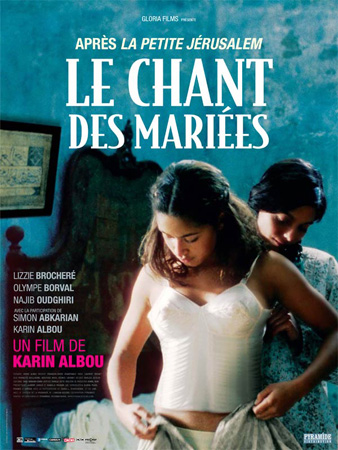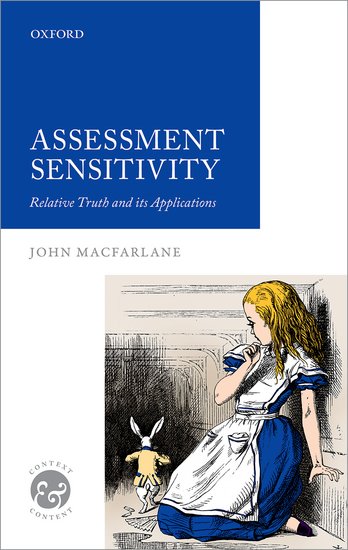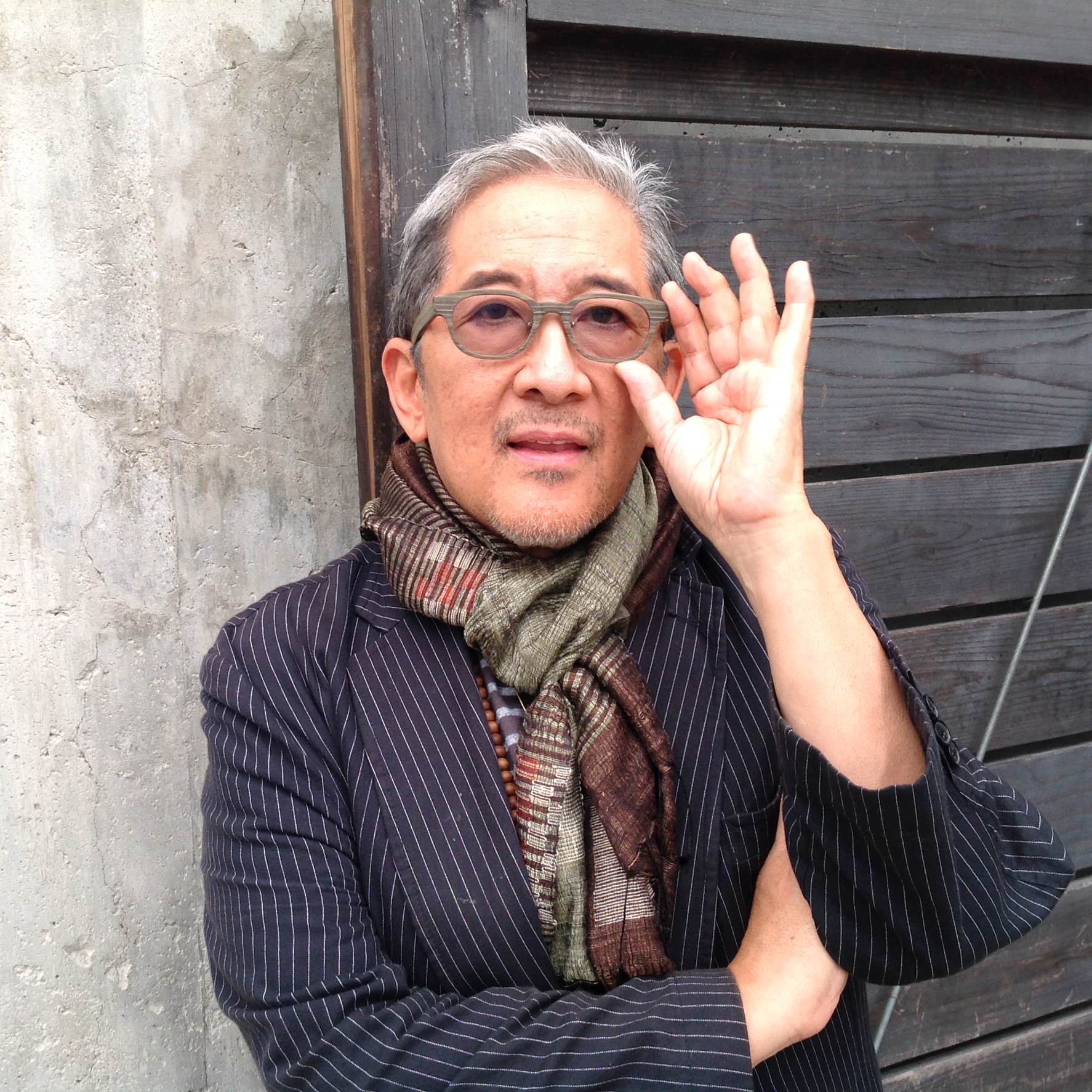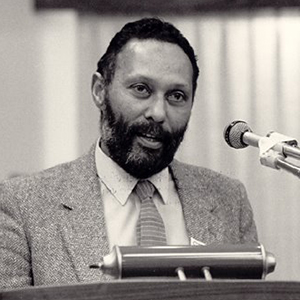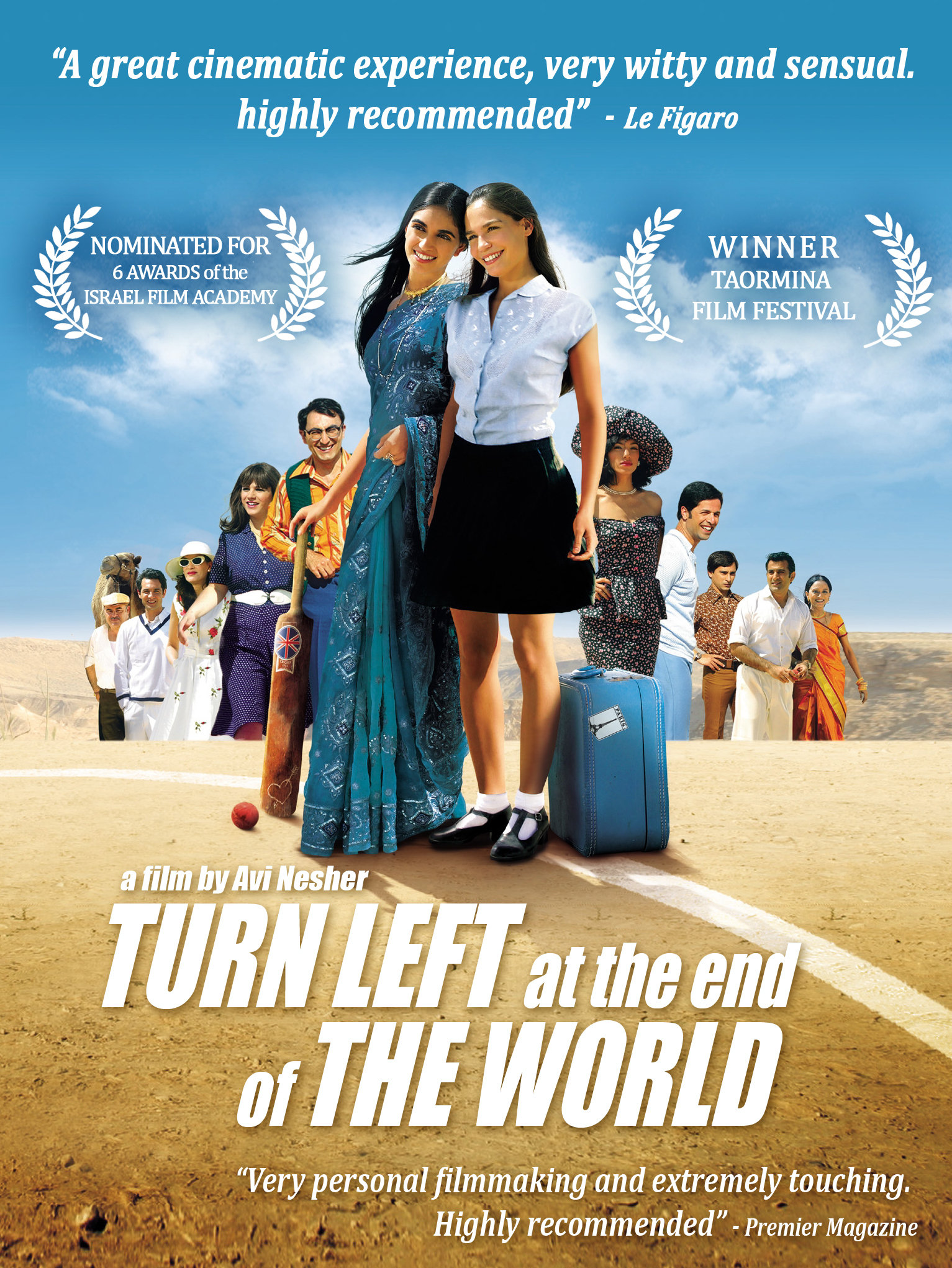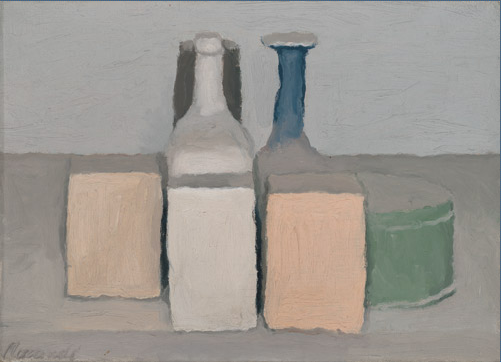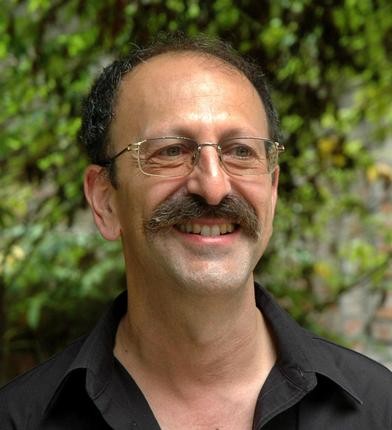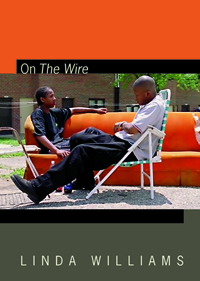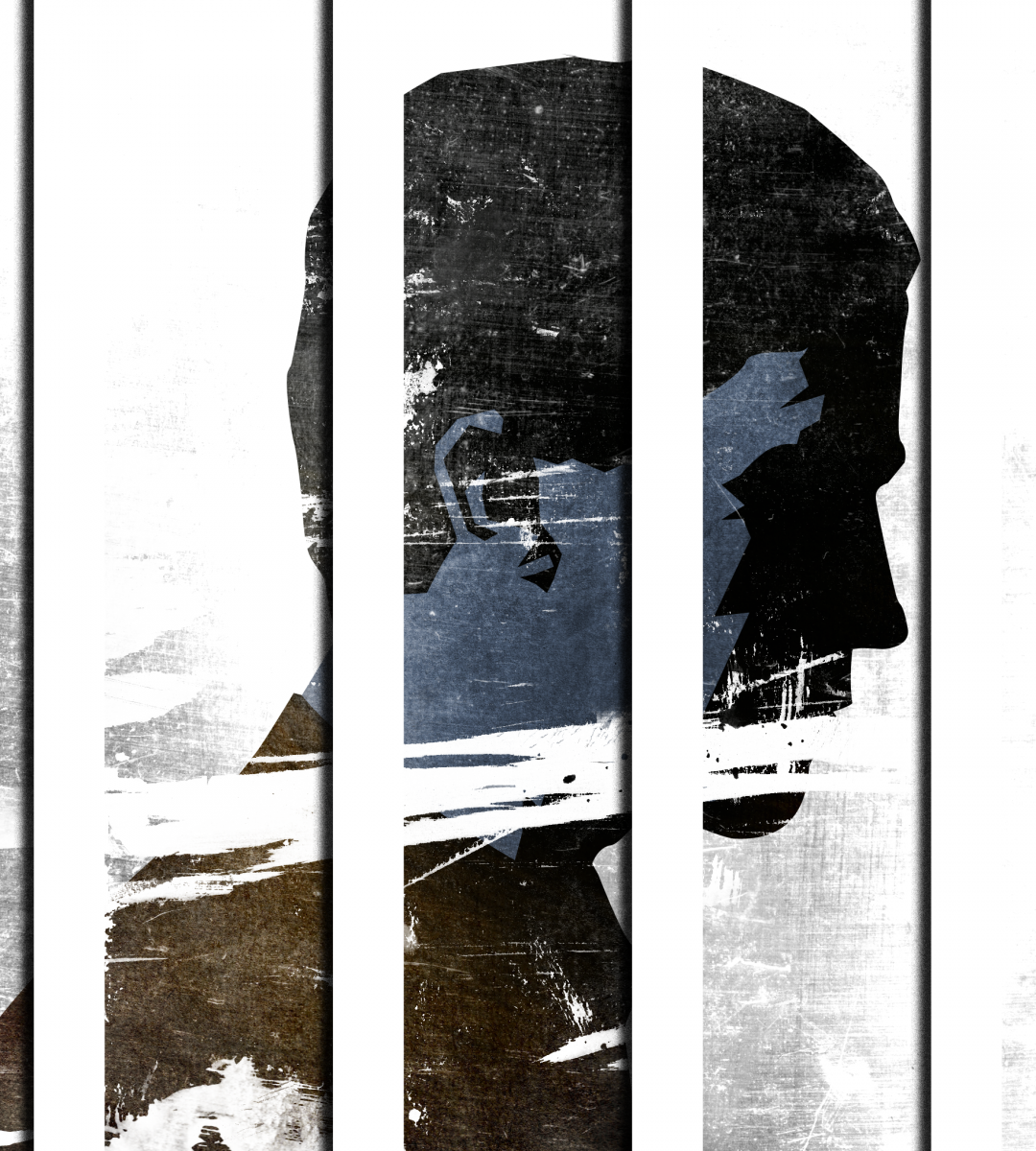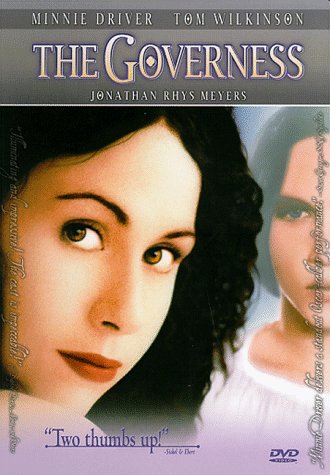The Wedding Song (Le Chant des mariées) (2008)
Friends since childhood, Muslim Nour and Jewish Myriam live in harmony in the same building in a humble Tunis neighborhood until the Nazi occupation of Tunisia strains their bonds of friendship.
Professor of Philosophy John MacFarlane’s book gives a clear account of what it is to be a relativist about truth and uses this view to provide a fresh perspective of parts of our thought and speech that have resisted traditional methods of analysis.
Professor of Theater, Dance, & Performance Studies Philip Kan Gotanda will read and discuss excerpts from three current projects Remember the I-Hotel (play), Both Eyes Open (opera), and Chelsea & Rodney’s Tango (video).
The Legacies of Stuart Hall
A discussion about groundbreaking cultural theorist and critic Stuart Hall led by Bill Schwarz (Queen Mary, London).
Turn Left at the End of the World (Sof ha-’olam smola) (2004)
In a small settlement in late 1960s Israel, Jewish immigrants from India are confronted with a community of Moroccan Jews and find themselves embroiled in a clash of cultures.
A multidisciplinary and cross-cultural consideration of the various manifestations and theories of the Imagination.
David Shulman, one of the world’s foremost Indologists, is this year’s Avenali lecturer-in-residence. Shulman has written capaciously on Indian thought and religion, language, poetics, theater, and aesthetics.
Professor Emerita of Film & Media and Rhetoric Linda Williams’ book examines the HBO television series The Wire (2002-2008). She argues that the series transforms close observation into an unparalleled melodrama by juxtaposing the good and evil of individuals and institutions. Introduction by Professor Alan Tansman.
Incarceration, Education, and Reentry
Panelists discuss higher education programs in prison and after release, and their effects on experiences and opportunities during reentry.
The story of Rosina da Silva, the sophisticated eldest daughter of a wealthy Jewish Italian family living in a small enclave in London in the 1840s, who accepts a position as a governess in Scotland.
